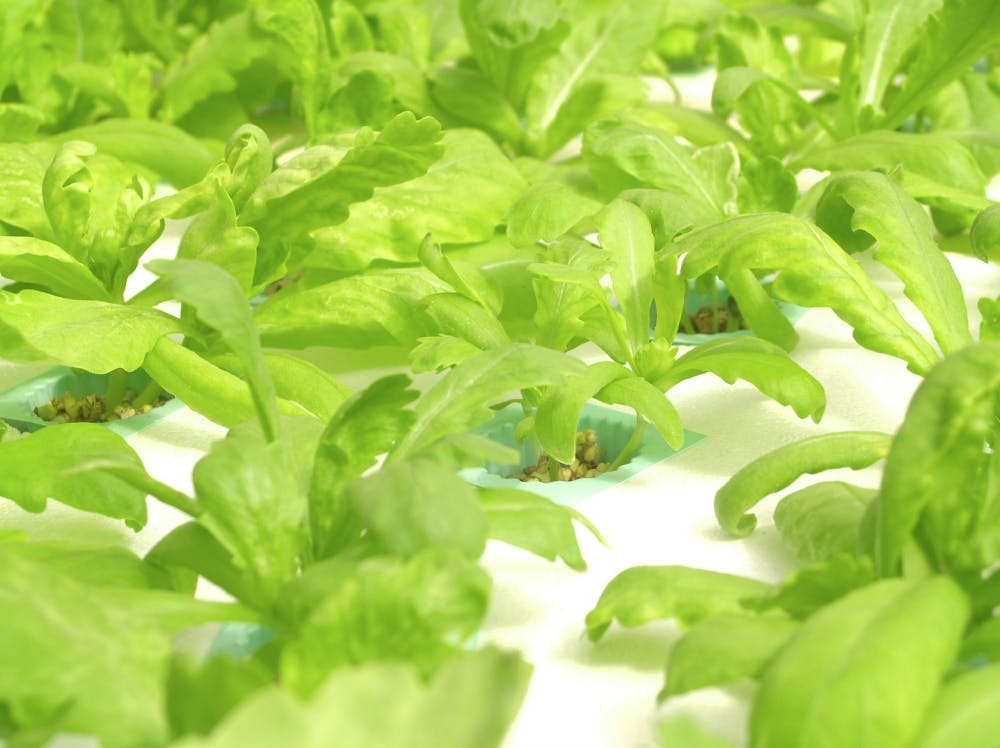By: Shannon Reilly
As we face environmental challenges and change, our food systems continue to come up in the discussion of the cause of environmental issues. Synthetic fertilizers pollute water, methane from livestock inflates the greenhouse effect and the loss of natural vegetation decreases biodiversity, just to name a few of the wide range of implications our food systems have on the planet. Meanwhile, new technology in aquaponics and urban farming are just the beginning of promising opportunities to revolutionize the way we grow. Agriculture is necessary for human life and ingrained in our economy. Dr. Peggy Shafer from Miami’s Institute for the Environment and sustainability called it “the most basic level at which we interact with the environment.”Miami has been expanding its opportunities in the study of food systems in recent years; it has unveiled a class in food systems, IES 278, and has allowed students to get more hands-on experience through its sustainable farm. But, new in the fall of 2019 will be the food systems co-major that will explore nutrition, sustainability, supply chain management, food history and culture, environmental science and agriculture.
Students with the food systems co-major will take in the introductory course, IES 278, as well as a broad scope of classes that will allow them to analyze the subject from environmental, economic, nutritional and cultural perspectives. The co-major will have three central components. First are core classes in food studies, nutrition and sustainability. The second component is experiential learning, such as working on Miami’s sustainable farm, an internship or working for a food-related organization. Lastly, students will have the opportunity to choose electives to explore nutrition from several viewpoints.
A co-major in food systems opens doors for students to an array of career paths. It will prepare students for futures in government, supply chain management, business, nutrition, public health, urban and regional planning, the nonprofit sector and education. Students with a background in food systems will have the unique experience employers are looking for to analyze today’s most pressing environmental problems.

